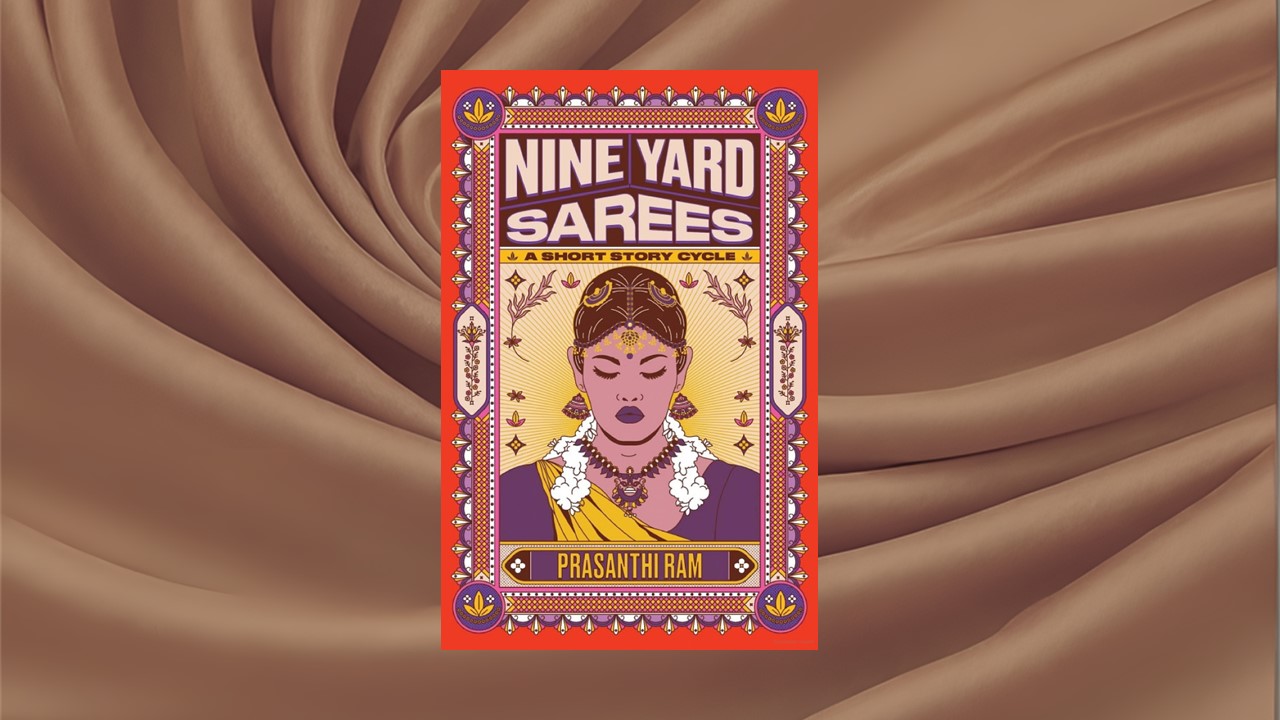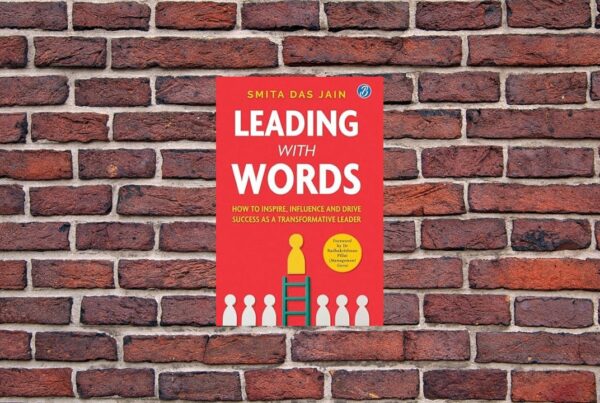Prasanthi Ram’s Nine Yard Sarees is a collection of short stories spanning generations, focusing on women from a Tamil Brahmin family. This diaspora fiction focuses on the lives of these Iyer women and how they evolve with the times and circumstances. Eleven interconnected short stories in this story cycle are narrated by different women across different periods. They aren’t all in chronological order and can be read on a standalone basis.
The nine-yard saree or the Madisar symbolises womanhood; a bride wears this on her wedding day. In this book, this garment represents coming-of-age as each protagonist embarks on a journey of self-discovery, rising above their circumstances and societal expectations. The journeys are powerful, poignant and endearing, raising questions on identity, belonging, and the complexity of relationships. The author tackles issues like fat-shaming, caste divisions, domestic abuse, and queer love with sensitivity.
In the opening story (The Panasonic), the family travels to America and struggles to find vegetarian food. In the end, it is Amma who comes to the rescue. This is a simple and sweet episode that left me chuckling because it was very relatable. The other stories that had the most impact include ‘The Perfect Shot’ in which a photographer captures the beauty of a girl suffering from a skin ailment, and ‘Agni’s Trials’ that showcases the dogged determination of foreign domestic worker, Sivagami. These are articulated powerfully and poignantly, leaving a lump in your throat.
The author effortlessly compares and contrasts three generations in the same family. Padma is conditioned to accept that men can get away with anything, but women have to follow the lives of ideal ‘Brahmanathis’. Unlike Padma, her daughter Keerthana does not hesitate to challenge beliefs when the occasion arises, even if it causes friction within the family. Raji, her grandmother, is more open in her thought process due to a childhood experience that has left an indelible scar.
While most of the stories are based in Singapore, the author takes you to other places as well- Kalakad in India, Australia, and the United States. The characters are fighting battles of their own; Vani’s pain for not meeting a conventional beauty standard, Raji’s fury at the injustice meted out to her sister, Keerthana’s love-hate relationship with her mother, Prema’s frustration at her husband’s stubbornness, or Shweta’s spinsterhood that overshadows her professional success.
The author sheds light on many Tambram customs, including the practice of wearing the sacred thread or the Poonal, cuisine, menstruation, and marriage rituals. The social commentary is thought provoking and empowering. If I had to nitpick, there were one or two comments regarding food habits that seemed unnecessary, even if said in jest.
Tamil expressions like Saapatu Raami, Mookum Muzhiyum, and Nammoda Kozhanthai brought back fond memories, making the reading experience authentic and enjoyable.
These lines (among many such lines) stay with the reader:
‘Because when a man becomes one with a woman’s body in the most primal and carnal way, he sometimes comes away with an unruly thought. A mistaken idea. That he finally owns her, that her body is a site of conquest that he can now demand or do as he pleases.’
‘Eventually the cupboard and its secret too will be torn down from the walls: for a new family, their new home, and at some point, their new grief.’
‘It’s the Universe that decides the when’s and the how’s. You were simply the vessel that brought them to this world. That’s all.’
Nine Yard Sarees is a dazzling debut with memorable characters that will stay with you long after completing it.




